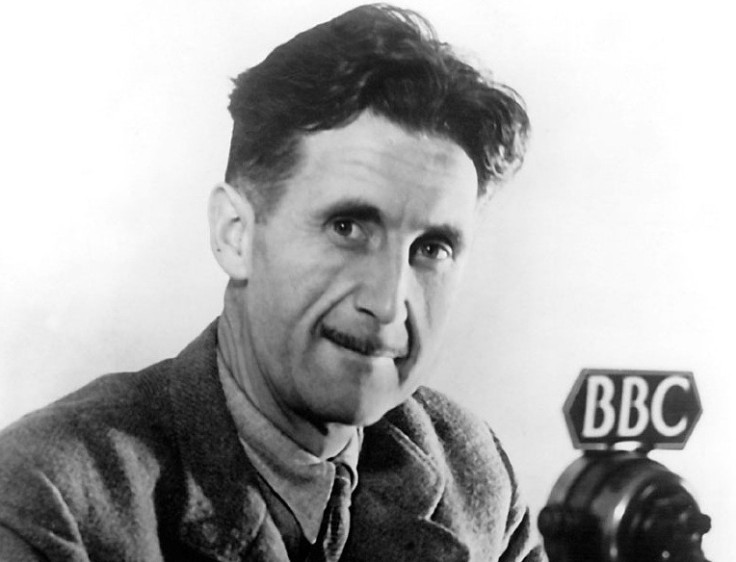George Orwell Statue to Go Up at BBC, 'The Ministry of Truth'

A controversial plan to install a statue of George Orwell outside BBC headquarters has been given the go-ahead, despite being rejected by former BBC Director-General Mark Thompson on the grounds the author was "too left-wing".
The £110,000 statue will now be installed to the right of the piazza outside Broadcasting House, after the decison to veto the plan was reversed by Thompson's successor, Tony Hall.
Baroness Bakewell, who has campaigned for the statue, revealed Thompson's opposition after it was confirmed that Hall's approval had been secured. Chris Patten, the chairman of the BBC Trust, has also backed the plan.
Orwell, born Eric Blair, worked for the BBC's Eastern Service from 1941-3, beginning his celebrated allegorical work Animal Farm towards the end of his career there. The torture chamber he depicts in Nineteen Eighty-Four, named Room 101, was named after an airless conference room at the corporation.
The bronze statue, which will be designed by Martin Jennings, was proposed by the George Orwell Memorial Trust, and was backed by Rowan Atkinson, Melvyn Bragg, John Humphrys, James Naughtie and Orwell's son Richard Blair.
A campaign to raise the £110,000 cost of the statue was supported by writers Tom Stoppard, David Hare and Michael Frayn, along with former BBC chairman Sir Christopher Bland. About £90,000 has been raised so far, with a third of the money pledged by Orwell's old school, Eton.
Westminster Council had initially opposed the planning application, believing the borough to be "saturated" by statues. The council has now reversed its opposition.
Thompson, who was recently appointed chief executive of The New York Times, confirmed his initial opposition to the plan, but said he now accepted its merits.
"The case for commemorating Orwell is very strong," said Thompson. "However, quite what he would have made of the prospect of spending an eternity in the shadow of the Ministry of Truth is another matter."
Another unlikely supporter was Health Secretary Jeremy Hunt, who narrowly avoided resigning as Culture Secretary over inappropriate contacts with News International during its BSkyB bid.
Channel Four political correspondent Michael Crick reported on his blog that Hunt had backed the plan, calling Orwell "a big hero of mine". Informed of the BBC's ideological anxieties, Hunt suggested the statue could be offset by a memorial to a right-wing writer. "How about Jeremy Clarkson?" Hunt quipped.
© Copyright IBTimes 2024. All rights reserved.





